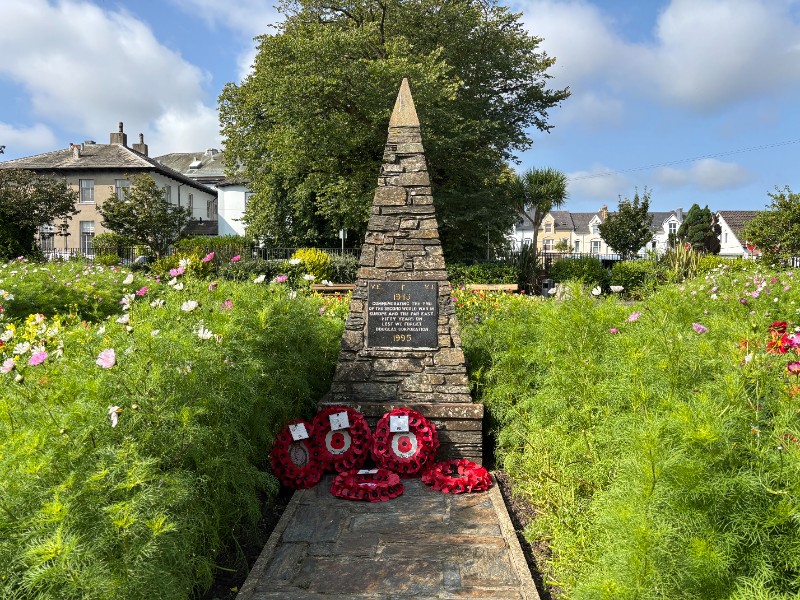
On this day in 1945 Japan surrendered to allied forces
The Isle of Man joined nations around the world today (15 August) in falling silent to mark the 80th anniversary of Victory over Japan Day.
On this day in 1945, Japan unconditionally surrendered to Allied forces, marking the end of the Second World War.
Yet its anniversary is perhaps lesser known to many than VE Day (Victory in Europe), which saw the end of fighting in Europe in May 1945.
In reality, the relief of Germany's surrender in Europe didn't extend to those who still had loved ones fighting in Asia and the Pacific, and victory over Japan in the subsequent three months came at a heavy price for all sides.
Fighting ultimately only came to an end after the dropping of atomic bombs on two Japanese cities - with the estimated recorded death tolls thought to be about 140,000 of Hiroshima's 350,000 population and at least 74,000 in Nagasaki.
But before getting to that point, the war against Japan saw 90,332 British casualties, of which 29,968 died and 12,433 were held as prisoners of war.
Indeed, by 1945, across Asia and the Pacific, there were 365,000 British and 1.5 million Commonwealth troops deployed, including the largest volunteer army in history - the pre-partition Indian army of 2.5 million soldiers.
Today, the world paused to remember them.
SURRENDER
On 15 August 1945, the Japanese announced its surrender to the Allied nations, and at 12 noon local time, Emperor Hirohito made a radio broadcast for the first time, informing his citizens of the move.
Two days of national holiday were announced in Britain on 15 and 16 August by Prime Minister Clement Atlee.
"Japan has today surrendered. The last of our enemies is laid low. Taking full advantage of surprise and treachery, the Japanese forces quickly overran the territories of ourselves and our allies in the Far East and at one time it appeared as though they might even invade the mainland of Australia and advance far into India. But the tide turned, first slowly then with an ever-increasing speed and violence as the mighty forces of the United States and of the British Commonwealth and Empire and of their allies and finally of Russia were brought to bear." - Prime Minister Clement Atlee, 15 August 1945
But whilst many commemorate VJ Day in August, some countries (such as the US) mark it on 2 September, as it saw the official signing of the Japanese Instrument of Surrender, onboard the USS Missouri in Tokyo Bay.
Here on the Isle of Man, as is the case in the UK, it is marked on 15 August.
Alongside services around the Island, a two-minute silence took place at midday 'paying tribute to all those who served and lost their lives in the Far East and the Pacific'.
This was observed by the likes of Isle of Man Transport, which confirmed that where possible, its staff, bus drivers and operational teams across Isle of Man Railways would be supporting it as a mark of respect.
Meanwhile, the Tower of Refuge, Legislative Buildings and the Ramsey Swing Bridge will be illuminated in tribute this evening.
Additionally, as part of an initiative by the Central Council of Church Bell Ringers, the bells of St George, Douglas will ring at 6.30pm.
The bells will be rung by members of the Douglas Company of Bell Ringers.
Everyone is invited to come and listen.
MANX COMMEMORATIONS
At 10:15 this morning, a commemorative service took place in the nation's capital.
The short ceremony in Hilary Park was led by the mayor’s chaplain, Reverend Dr Michael Brydon, and included an address by Mayor of Douglas Steven Crellin.
There was also music from Douglas Town Band, a one-minute silence and a wreath-laying ceremony.
Ken Mitchell played the 'Last Post' and 'Reveille' to those gathered.
Addressing the service, Douglas Mayor Steven Crellin said it was important that we continue to remember the 'courage and resilience on an entire generation':
At 10:45am, the Royal British Legion Onchan Branch hosted a service at Onchan War Memorial, and at 11:50am, a short outdoor service was held at the Island’s National War Memorial in St John’s.
Chief Minister Alfred Cannan laid a wreath in remembrance, and a minute's silence was observed.
FURTHER AFIELD
Over in England at the National Memorial Arboretum in Staffordshire a Service of Remembrance was held by the UK Government and the Royal British Legion (RBL).
It saw 33 Second World War veterans in attendance as guests of honour alongside His Majesty the King, the Queen, and the UK Prime Minister.
Around 1,500 guests heard first-hand testimony from VJ veterans.
One of those invited to the service was James Fenton, the last surviving Burma Star recipient who lives on the Isle of Man.
Originally from Lancashire, James was just 20 years old when he joined the British Army in 1942.
He celebrated his 103rd birthday earlier this year.
When he signed up back in the 1940s, he was assigned to the 14th Army with the Royal Artillery and sent to the jungles of Borneo to help with the fight against the Japanese.
James was on his way to India for an assault landing in Japan when he learned that the atomic bomb had been dropped.
"We knew then that the war was over." - Veteran and Island resident, James Fenton.
This evening, there'll be another chance to hear from Burma Star veteran James Fenton here on Manx Radio.
You can hear his story of life in what became known as the “Forgotten Army” on our FM and DAB channels at 6pm this evening, or as a podcast below, or wherever you get your podcasts.

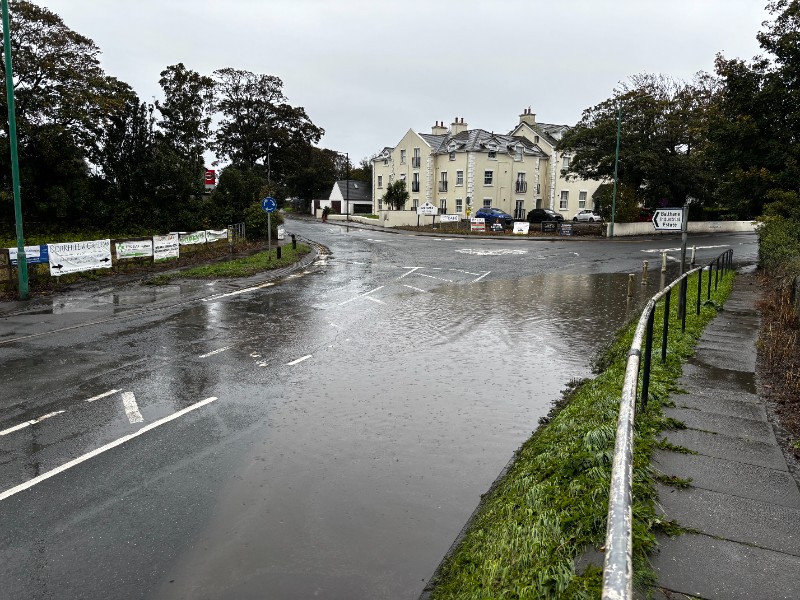 Balthane Roundabout targeted for Spring 2027 completion, says infrastructure minister
Balthane Roundabout targeted for Spring 2027 completion, says infrastructure minister
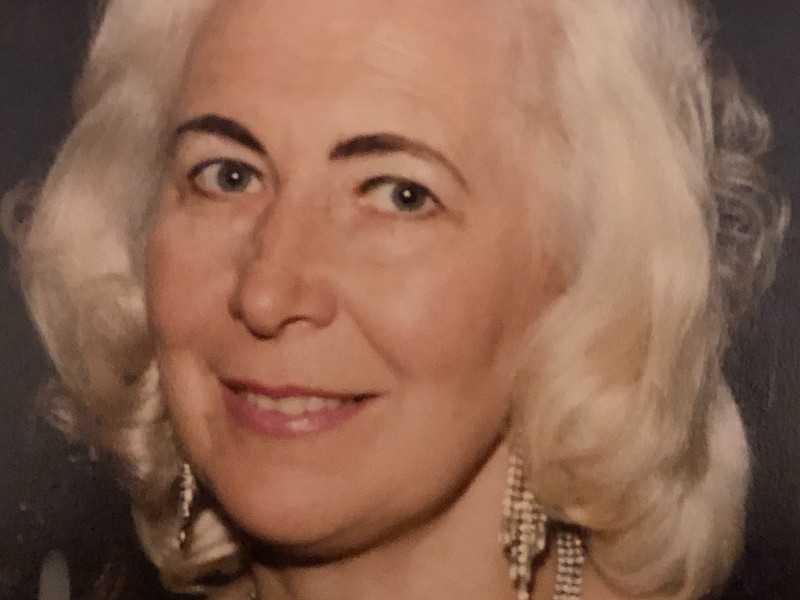 Jurby Junk founder dies aged 90
Jurby Junk founder dies aged 90
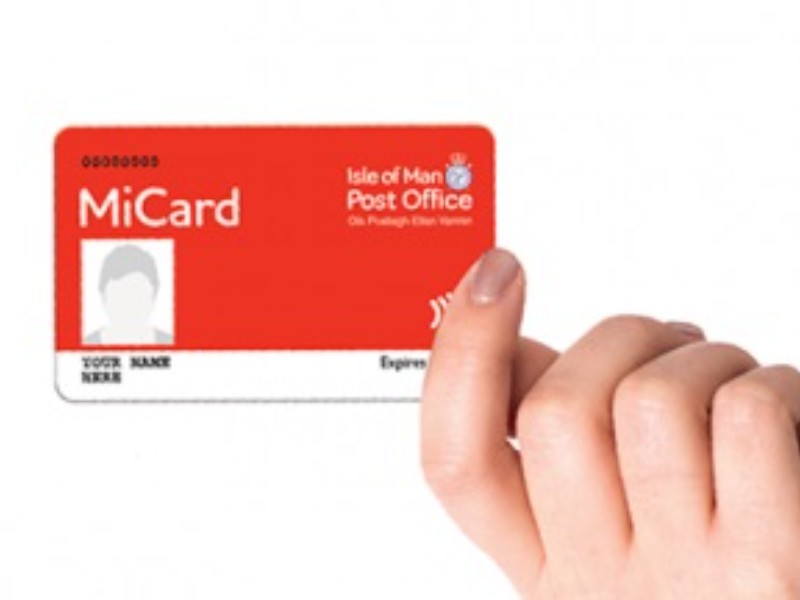 Treasury exploring replacement payment card scheme
Treasury exploring replacement payment card scheme
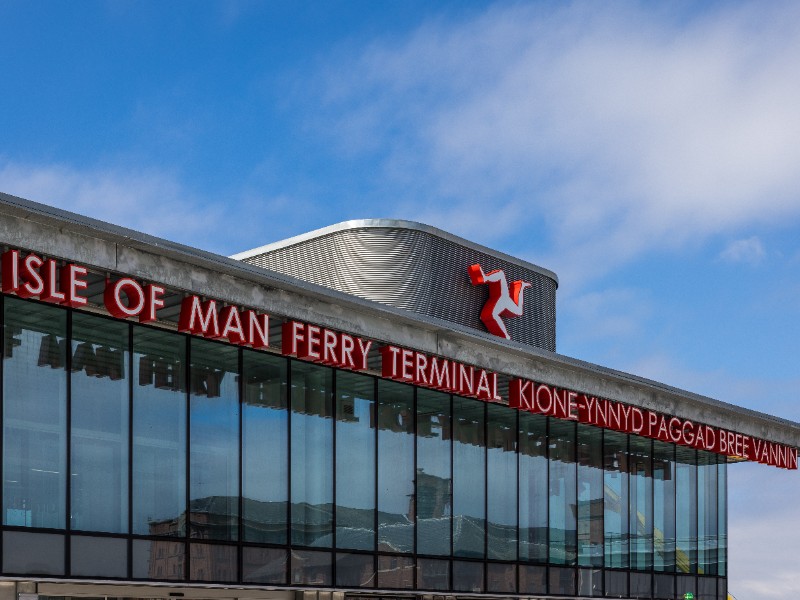 Liverpool ferry terminal dispute escalates in House of Keys as minister refuses to publish final cost
Liverpool ferry terminal dispute escalates in House of Keys as minister refuses to publish final cost
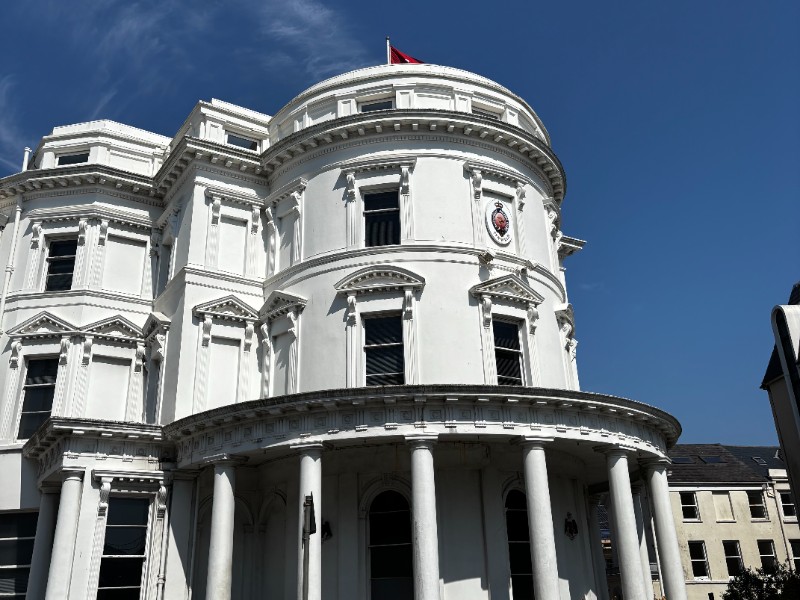 Assisted Dying Bill: Health minister writes to MHKs as Ministry of Justice holds legislation under review
Assisted Dying Bill: Health minister writes to MHKs as Ministry of Justice holds legislation under review